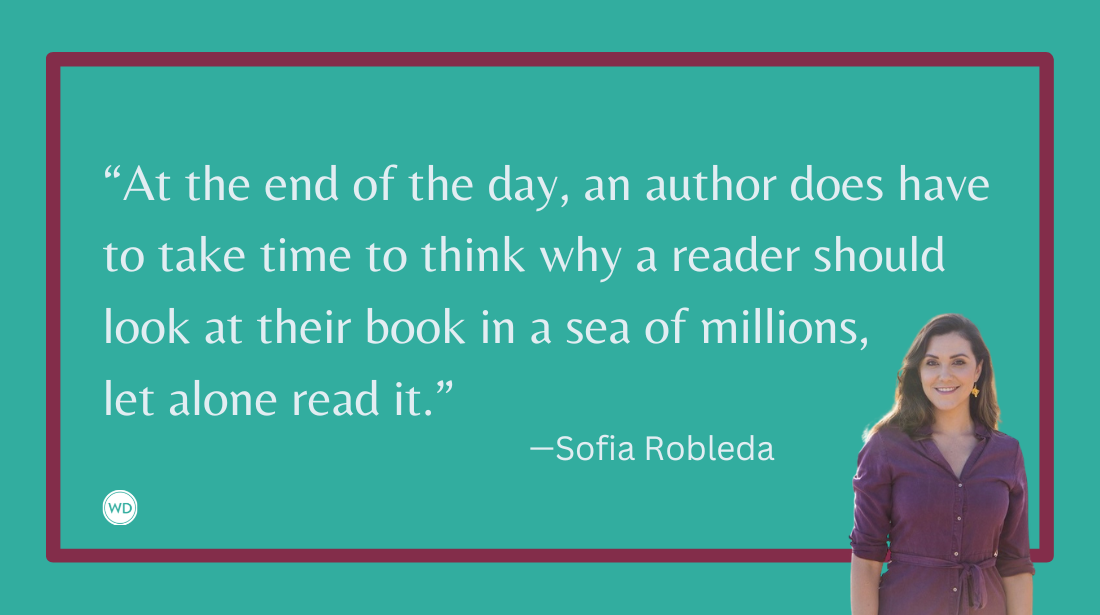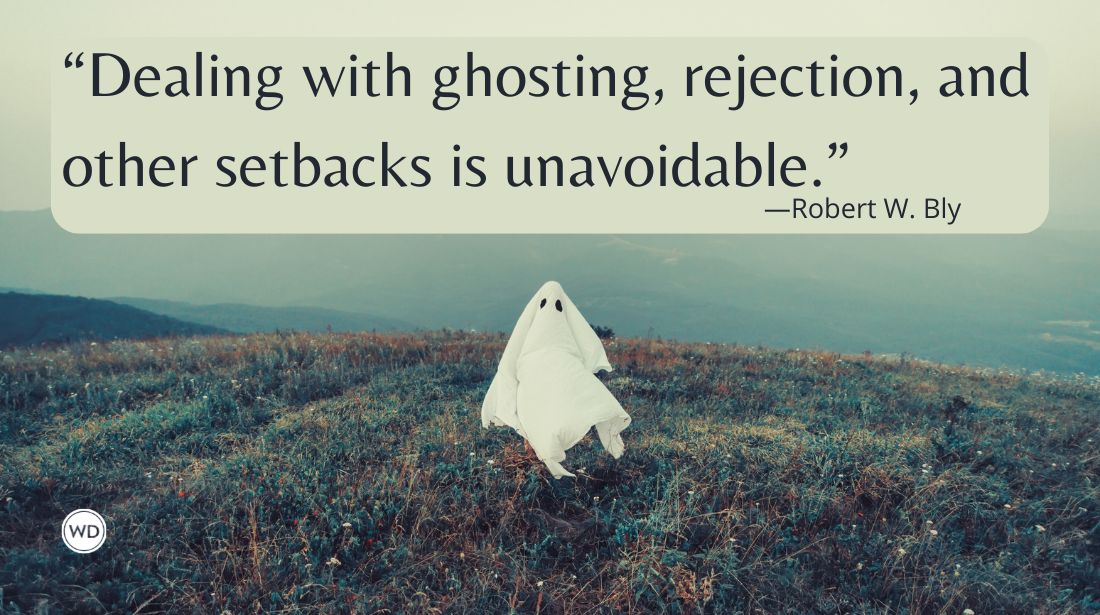The Dark Fates, Representation, and the Indie to Trad Pipeline
Self-published author T.C. Kraven shares what got her into writing and self-publishing and the adjustment to traditional publishing.
On the very first call my agent and I ever had together, she asked me what made me move in the direction I did with the Dark Fates, my spicy, Greek mythology inspired retellings, spanning from ancient Greece to 1990s New Orleans. The representation in those pages spans everything from Queer expression and identity to Kink and BDSM safe practices, diverse characters, and scathing commentary on patriarchally oppressive systems. I remember smiling when she asked, because it was a question I’d answered about a thousand times since the publication of Of Prophecies and Pomegranates, and the answer fell from my lips in an almost knee-jerk reaction.
Because it’s what I wanted to read.
For full transparency, I never set out to be an author. I’ve always enjoyed writing, but it was never what I saw myself doing full time, much less long term, but a conversation with a few of my best friends, and a dare spoken into the universe over a two-egg breakfast at a Waffle House in south Louisiana forced pen to paper, and here we are, three years and 14 novels later.
When Prophecies caught its wind, I had to make quick choices about the direction I wanted the series to go. I was blessed to have characters screaming in my head the same time readers were screaming in my DMs, both voraciously waiting for more of my ink to spill on the page, but I wanted to make sure that in writing these stories, I not only paid homage to the myths they sprung from (which holds deep significance to me), but also, I wanted to make them my own. I wanted to see my community represented in a way that made me feel good.
It was, and remains, my goal that when a reader closes a T.C. Kraven novel, they’re left feeling a hunger to dive deeper. Whether to find more joy, or sadness, or even rage (I apologize in advance for that cliff hanger, please know I’m still paying for it with every three a.m. message I receive), whatever it invokes within them, my wish is for them to explore their thoughts and emotions. I want my readers to hate Hera for all she’s done, but after reading “Of Rage and Ruin” understand the circumstances that brought her there, the oppression that shapes us from the inside out.
I want the Kink and BDSM community to see us represented with care, even if it’s “just fiction” and there’s a level of suspended belief, and I want those just starting out to see safe practices on the page. As a polyamorous person, I want to see all types of amorphous relationships—paramours and metamors, all the complexities and nuances because one size will never fit all.
I want conversations and consent laced in with the fabric of these myths.
Hades insisting on safe words even as his self-control nears its breaking point. Hephaestus understanding that love and hate walk a thin blade, and the roots of jealousy can be dug out and replanted with trust and care. Persephone, the duality of growth and death, being given the opportunity to thrive and bloom under the safety of autonomy for the first time in her immortal life.
I wanted to read those things, so I wrote them.
No experience is a monolith, and I take care to consult voices on subjects far more educated than I to ensure that we reduce any harm to any communities I’m not a part of. We listen, with open ears and closed mouths, mull over conversations and corrections and appreciate the care of their mental and emotional labor to bring these stories to life. My takes on the Olympians, LOA, the Titans and Otherworlders won’t satisfy every person, but I wrote them for me, and readers like me, who don’t fit into conventional boxes. Like mortals, gods are messy and predictably unpredictable, both the very best and worst of man. So, with reckless abandon, I scribbled words onto paper that melded lore and legend with want and passion and I was blessed that for a humbling amount of readers, those stories resonated too.
The beauty of indie publishing is that those stories are allowed to be our own. I will admit, I had reservations when approached about the acquisition of the Dark Fates. I felt a responsibility to the work to ensure it made it into capable hands, that the things that made it beloved by my readers were honored in new developmental edits, that it never smoothed corners to fit into spaces that dulled its unique shine.
Navigating the indie-author to traditional publishing pipeline sometimes feels like an episode of “Whose Line Is It Anyway” where the rules are made up and the points don’t matter.
This October will mark my third year as a published author, and that coincides with my first traditional release with Diversion Books and while I’m so incredibly excited to be starting this new journey, it has come with a massive learning curve.
Now, I don’t claim to speak for all indie authors, every journey down that path is different for each set of boots that walk it, but I think, based on the circles I keep around me, that we all agree one of the most pivotal parts of publishing is perseverance. The other part is luck.
They’ll tell you to keep posting, keep pushing, keep writing, but the truth is, luck compounded with tenacity is what can make or break a career. It only takes a spark to turn tinder to flame, the right reader with a viral post, and once it does, it’s a wild ride. For some, it happens years (and several backlist titles), later and for others, like me, it happens fast. My journey into traditional publishing has been much of the same as my indie debut, a series of fortuitous events paired with just being in the right place with the right people at the perfect time. On the other hand, I’ve worked hard to build the fandom of the Dark Fates, so even though indie is a totally different beast, in that respect, both worlds are the same.
A perk and burden of self-publishing is that we are in charge of our release dates, editing, deadlines, art, covers, content—pretty much all aspects of what makes our books unique to us. We are only responsible for running our race, focusing on our deadlines and goals with single focus. Traditional publishing feels the opposite. With so many moving parts, a lot of the streamlined infrastructure laid in place over 12 novels becomes all but useless in the face of new growth, in an industry sequestered by a shadow of trade secrets and standards that indies are never made privy to. That’s something I struggle with the most, is the-hurry-up-and-wait push and pull.
It makes sense, in the scope of things. A hundred hands on thousands of different manuscripts, all stitched together in a webwoven design. From our place inside the loom, we have no access to the scope of the whole tapestry, and that can feel like being a cog in a machine. Adding to that the extra dynamic of sales teams and buyers for retailers trying to predict market trends and changes, and it leaves us all in this murky area of everything is a rule until it’s not. It is something I am actively endeavoring to be more patient with, but old habits die hard, so I’ll just have to keep sending my agent chocolates for putting up with me.
Check out T.C. Kraven's Of Prophecies & Pomegranates here:
(WD uses affiliate links)









